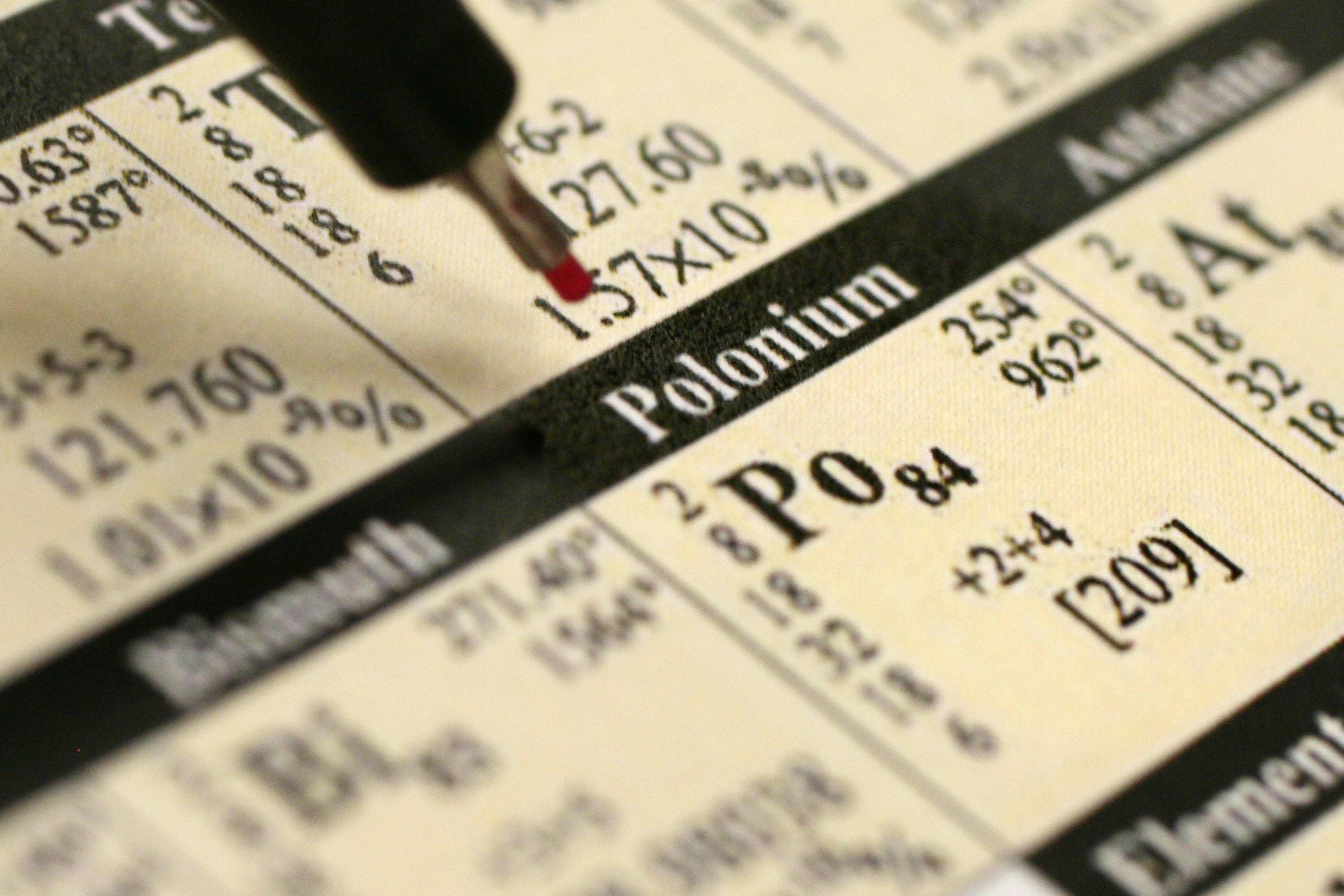Some exciting news out of the science world, where a team of Swedish researchers said Tuesday that they’ve successfully recreated a new element first—and fleetingly—produced in a Russian lab a decade ago. The announcement from Sweden’s Lund University isn’t enough to automatically add “ununpentium” to the official list of elements, but it does set the stage for that to happen in the foreseeable future if the discovery earns the necessary stamp of approval from an international committee of scientists that has the final say on such matters.
CBS News has the somewhat wonky back story for those of you who passed Chemistry 101 (those of us who didn’t should just jump down to the bottom to read up on the nickname):
It was first created in 2003 at the Joint Institute for Nuclear Research in Dubna, Russia, in collaboration with scientists from California’s Lawrence Livermore National Laboratory. The initial experiment lasted from July 14 to Aug. 10, 2003, but the scientists spent years preparing for it.
On its website, the Lawrence Livermore lab explains the arduous process of discovering a new element. The first step was to produce suitable targets, in this case made of element americium-243, an isotope that has 95 protons and 148 neutrons. Once prepared, the targets are placed inside a cyclotron, where they are blasted with calcium-48 ions, containing 20 protons and 28 neutrons. The collision of the americium-243 and calcium-48 produced element 115. … When researchers synthesized element 115 in the lab, they were able to produce two isotopes, which survived for 30 to 80 milliseconds before starting to decay.
Those initial atoms were enough to count as a discovery, but not enough to convince the science world to officially bestow element-status upon the new find. The Lund team’s successful duplication, however, is being treated as the extra evidence the scientific community likely needs. The team’s findings are set to be published in a scientific journal and be reviewed by a committee composed of members of the International Union of Pure and Applied Physics and Chemistry, which will then decide whether they’ve seen enough or if more experiments are needed.
If the committee does decide to declare it an element, the scientists who discovered it will get to name it. Until then, element 115 will have to live with the unwieldy nickname of “ununpentium,” which, NBC News explains, is roughly based on the Latin and Greek words for the digits in its atomic number.
